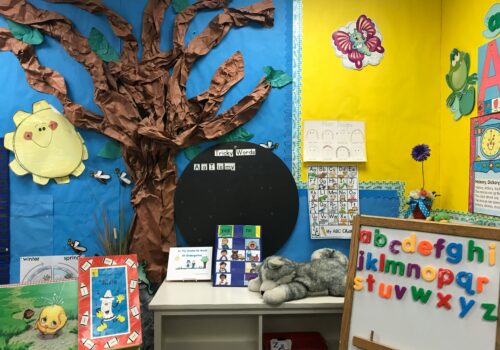Promoting summer learning for children is crucial to prevent the “summer slide,” where students can lose some of the academic gains made during the school year. As parents, there are numerous resources and strategies available to support ongoing learning and development throughout the summer months. Here, we’ll explore eight effective ways parents can facilitate summer learning for their children.
1. Summer Reading Programs
Summer reading programs are a cornerstone of combating summer learning loss. These programs encourage children to read during their break from school, thereby maintaining and improving their reading skills. Reading over the summer helps children retain vocabulary, comprehension abilities, and fosters a lifelong love of reading.
Importance of Summer Reading: Summer reading is not just about preventing regression; it also enhances literacy skills, boosts imagination, and expands knowledge. Children who read during the summer are better prepared for the academic challenges of the next school year.
Elite Scholar Academy Summer Reading Program: Highlighting specific programs like Elite Scholar Academy’s Summer Book Blitz Reading Program can provide parents with a structured approach. Such programs often include recommended reading lists, incentives for reading goals achieved, and additional resources for tracking progress and additional learning materials.
2. How to Support Reading at Home: A Guide for Families
Supporting reading at home involves creating a conducive environment for literacy. Parents can:
- Set Aside Reading Time: Designate a specific time each day for reading.
- Access to Books: Ensure children have access to a variety of age-appropriate books.
- Model Reading: Let children see you reading for pleasure.
- Discuss Books: Engage in discussions about what they’re reading to deepen comprehension.
3. Summer Learning Programs
Many schools and educational organizations offer Summer Learning programs designed to reinforce core subjects like math, reading and writing. These programs often blend fun activities with academic content to keep children engaged while learning.
4. Experiential Learning Outdoors
Summer provides ample opportunities for hands-on, experiential learning outdoors. Local parks, museums, nature centers, and historical sites offer educational experiences that complement classroom learning. Encourage children to explore nature, history, and science through field trips and interactive exhibits.
5. Join Local Preschool or Private School Summer Programs
Preschools and private schools often organize summer programs that include structured learning activities. These programs can focus on various subjects like arts, STEM (Science, Technology, Engineering, and Mathematics), or specific academic skills. They provide a structured environment with professional guidance, while offering socialization opportunities.
6. Educational Apps and Websites
There are a wealth of educational apps and websites that cater to different age groups and subjects. Platforms like Khan Academy, ABCmouse, and Duolingo offer interactive lessons that make learning engaging and accessible outside the classroom.
7. STEM Activities and Projects
STEM (Science, Technology, Engineering, and Mathematics) activities are excellent for fostering critical thinking and problem-solving skills. Parents can find STEM kits, conduct simple science experiments at home, or participate in community workshops focused on robotics, coding, or engineering.
8. Arts and Creativity
Encourage artistic expression through activities like drawing, painting, music, or drama. Creative endeavors help develop imagination, self-expression, and cognitive skills. Consider enrolling children in art classes or workshops offered by local community centers or art studios.
Conclusion
Summer learning should be a blend of structured activities and opportunities for exploration and creativity. By incorporating these eight resources into your summer plans, you can help your child stay engaged academically while enjoying the break from school. Remember, every child is unique, so tailor these resources to suit their interests and learning style. With proactive involvement, you can make the most of the summer months to support your child’s ongoing educational journey.





